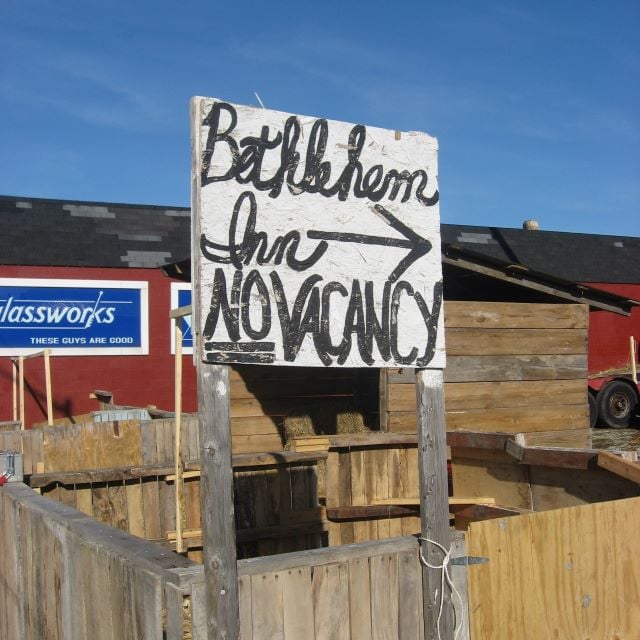It's Late, You're Tired, and All You See Are No Vacancy Signs

What You Need to Know
Medicaid pays for nursing home care for the indigent.
Most nursing home homes cannot break even on what Medicaid pays for a bed.
Beds that lose money may go away.
More than half of all long-term care in the United States is paid for by a combination of Social Security and Medicaid.
Long-term care insurance is gaining in popularity, but unfortunately most people do not even think about this until their health prevents its purchase.
Some people assume Medicare (health insurance covering doctors and hospitals to fix you when sick or injured) pays for long-term care (LTC) because a relative who was hospitalized transferred to a nursing home for recovery and was not billed for the stay.
Why Medicare Does Pay for Some Nursing Home Care
Medicare has found it far less expensive to pay for (active) recovery in a nursing home — following three days of a patient being an inpatient in a hospital — than to have the patient continue recovering in the more expensive hospital.
That nursing home stay was not free but considered to be health care, and thus it was covered by Medicare. These stays are typically a week or less but could last for up to 100 days if recovery progress is made every day.
These stays are the “cash cow” for the nursing home.
Medicare pays nursing homes well for these stays, while Medicaid (a welfare program for the indigent) pays less than the cost of care for people living there, who are typically at the end of life.
The Market Changes
A few years ago, COVID threw a wrench in the works. Patients were afraid to go to the nursing home for recovery following the three-plus days of inpatient hospitalization for fear of catching COVID and dying there.
People decided to go straight home from the hospital and recover there, and they found this worked.
The nursing homes have lost their profitable business — their “cash cow” — and are left with residents that they are losing money on.
The Impact
Unfortunately, if you lose money on every customer, you cannot make it up with volume. Nursing homes are closing their doors.
The United States is losing 600 nursing homes a year, and it’s getting worse quickly.
The nice, new assisted living facilities are not medical facilities and thus are not eligible for Medicare recovery care funding.
The great majority of them will not even contract with Medicaid, so they have no “cash cow” to offset the losses associated with accepting Medicaid.
People with income, savings, or LTC insurance will use home care agencies or assisted living facilities for their care.
Those without the ability to pay must find an operating nursing home that will accept them — and face the proverbial “no vacancy” sign.




